
Ernest Belfort Bax was born on 23 July, 1854, in Leamington, then a village just south of Birmingham, and very close to Stratford-upon-Avon. As a homeschooled teenager, he had a keen interest in the piano, and in the Paris Commune. In his mid-20s, Bax left Britain to study music in Germany. While on the continent, he began reading Hegel, and subsequently began writing philosophy. He returned to England to be admitted to the bar. In his off hours, he worked as a theorist and a journalist for the SDF (Socialist Democratic Federation), a precursor to the British Communist Party.
This combination of talents led to some high-level observations. Much of his work concerned legal inequities. He was, above all things, a strident antifeminist, who produced a wide body of published legal criticism, which amounted to…
…a cumulative indictment of judges, juries, magistrates and legislators which, if taken at its face value, would force us to the conclusion that these makers and administrators of the law – most of whom, strange to say are themselves men – are in a nefarious conspiracy to grind the male sex under the tyrannical high heel of the feminine boot. Men are flogged; women are not. The seduction by a man of a girl under sixteen is a criminal offence; the seduction by a women of a boy under that age is not. A man convicted of murder is usually hanged, especially if the victim be a woman; a murderess is almost invariably reprieved. And this intellectually inferior sex, rolling in privilege, injustice and oppression, have the impudence to treat it as a grievance that they are unable to vote on the same terms as men…
Archibald H.M. Robinson, Bax: Thinker and Pioneer
A recurrent point in Bax’s corpus is the notion of feminism as a quasi-religious movement, rather than a serious philosophical pursuit. This is an observation that many of us have made, from time to time, and it deserves a bit of explanation.
Feminism is not a religion in the same sense that Christianity or Judaism are, inasmuch as feminism doesn’t identify its adherents by a single metaphysical ideal, like “God” or “heaven.” Even so, feminism is a quasi-religious movement, in that the individual feminist tends to rely upon feminist theory to make sense of her world.
Example: Whenever a material inequality presents itself, the feminist’s reaction tends to be glaringly subjective. If the inequality benefits women, the feminist will assert it as evidence of female superiority. If the inequality benefits men, the feminist will assume that this is evidence of a widespread patriarchal conspiracy. The only consistency in these contradictory reactions is a psychological pillar in the feminist mentality: equality between the sexes. There is, of course, plenty of real-world evidence that no such equality exists. That such delusions are so resistant to modification is evidence of just how essential this sort of idiocy is, in the psychological economy of the feminist so afflicted. Feminism is not a religion, but it plays the same role as religion, in the lifeworld of the individual feminist.
The rational response of a Marxist is to associate feminism with ideology, which is what Bax did. A society’s dominant ideology is the product of its economic base, and in the deconstruction of feminism, we find all the depraved motivations of capital, which employ wives to reduce the position of husband to that of slave, and allow for a legal apparatus to liquidate and devour the life’s produce of the working man.
Let us take another idol. This time we tread on sacred ground indeed – equality between the sexes. Well may the iconoclastic hand tremble before levelling a blow at this new Serapis. Nevertheless here also – as the phrase is understood by the ordinary modern woman’s right, advocate – we are bound to recognise a vampire. In earlier stages of social development, woman was placed in a condition of undoubted social inferiority to man. Into the grounds of this inferiority it is unnecessary here to enter. Suffice it to say it existed, and that against the state of things it implied the cry of “equality between the sexes” was raised, at first in a veiled, and afterwards in an open manner. For some time it represented a real tendency towards equality by the removal of certain undoubted grievances. But for some time past the tendency of the bourgeois world, as expressed in its legislation and sentiment, has been towards a factitious exaltation of the woman at the expense of the man – in other words, the cry for “equality between the sexes” has in the course of its realisation become a sham, masking a de facto inequality. The inequality in question presses as usual, heaviest on working-man, whose wife, to all intents and purposes has him completely in her power. If dissolute or drunken, she can sell up his goods or break up his home at pleasure, and still compel him to keep her and live with her to her life’s end. There is no law to protect him. On the other hand, let him but raise a finger in a moment of exasperation against this precious representative of the sacred principle of “womanhood,” and straightway he is consigned to the treadmill for his six months amid the jubilation of the D.T. and its kindred, who pronounce him a brute and sing paeans over the power of the “law” to protect the innocent and helpless female. Thus does bourgeois society offer sacrifice to the idol “equality between the sexes.” For the law jealously guards, the earnings or property of the wife from possible spoliation. She on any colourable pretext can obtain magisterial separation and “protection.”
E. Belfort Bax, Some Bourgeois Idols: Ideals, Reals and Shams
The feminist has a deep need to believe in the pillars of feminism. She believes that these pillars found ethical truth and metaphysical reality, despite endless amounts of sense data that daily refute her delusions. She must believe that her convictions are morally right, and the result is an almost inhuman zeal, expressed by constant attempts to spread the feminist delusion to others. Bax and Marx remind us that at the root of the feminist’s perverse activities is an underlying kernel of avarice, motivated by the desire to live at the expense of others.
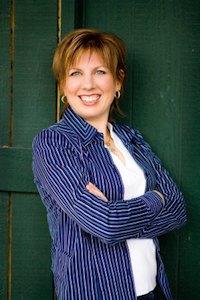 The mannish dyke at left is my good friend, radical feminist Sheila Gregoire. I met Ms. Gregoire years ago, when I was banned from her pornographic blog, after asking a couple of simple questions. Thus, I’ve always known she was an agenda driven activist, who was given to lecturing on things about which she was underinformed.
The mannish dyke at left is my good friend, radical feminist Sheila Gregoire. I met Ms. Gregoire years ago, when I was banned from her pornographic blog, after asking a couple of simple questions. Thus, I’ve always known she was an agenda driven activist, who was given to lecturing on things about which she was underinformed.

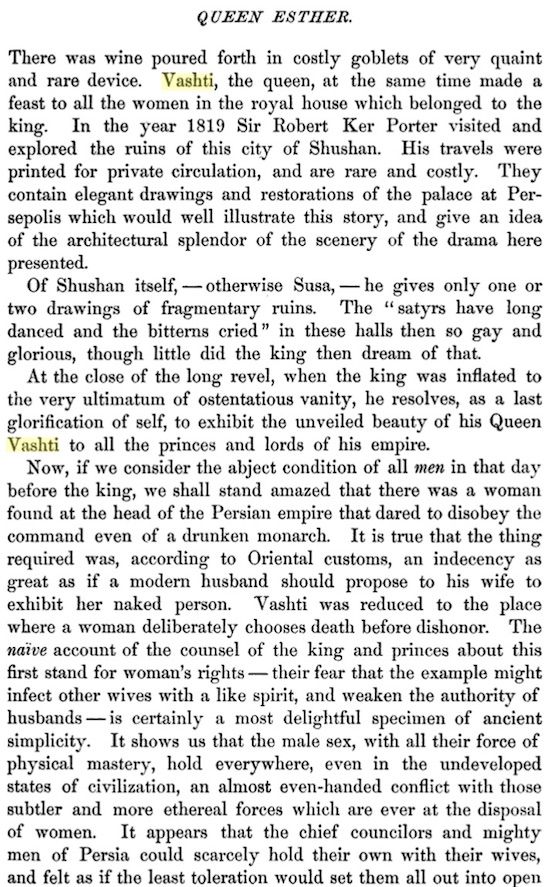
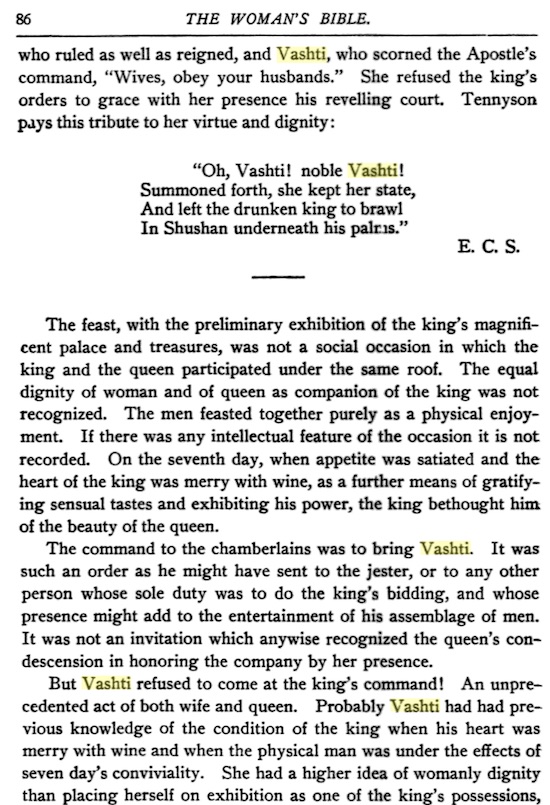
 Some time ago, I created
Some time ago, I created 


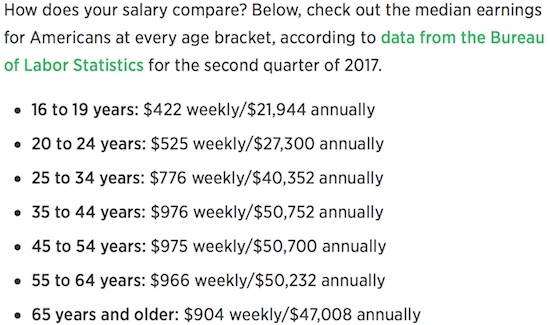

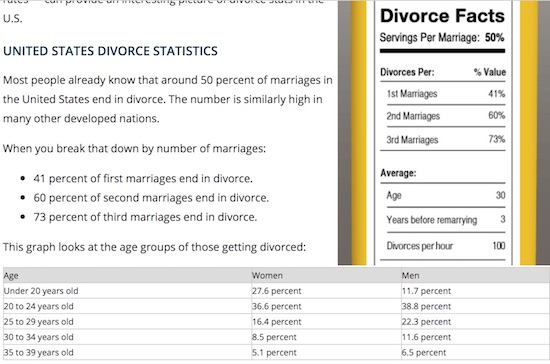
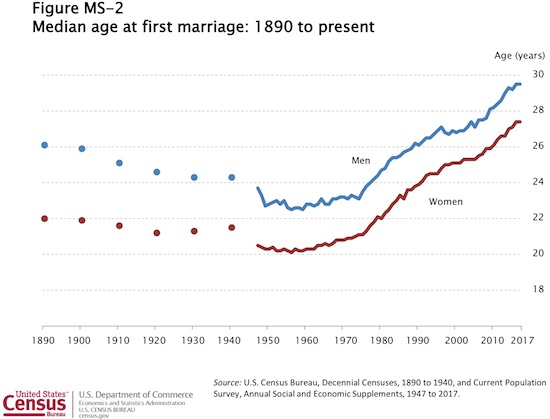







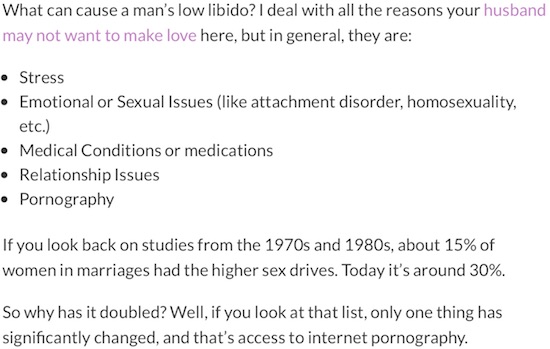
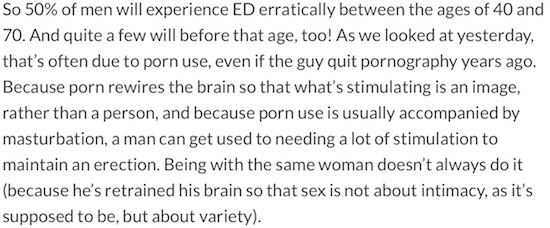





 If you have below-average scores on standardized tests, or if you just hate the idea of being in school, then you’re at the right place. Picking a trade program can get you into the workforce in as little as nine months.
If you have below-average scores on standardized tests, or if you just hate the idea of being in school, then you’re at the right place. Picking a trade program can get you into the workforce in as little as nine months.



